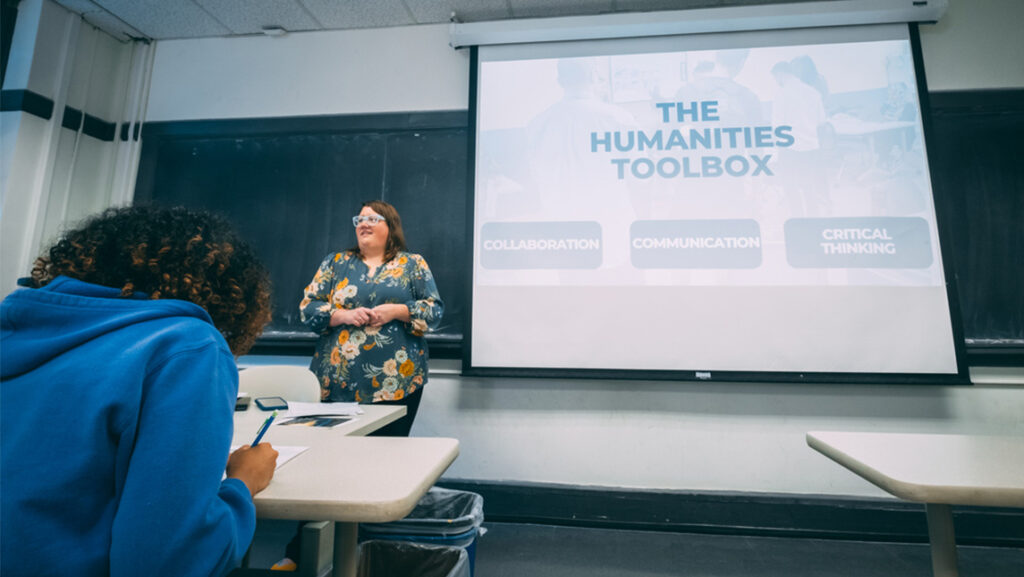Repost from UNCG Now
Severely obese children are likely to be withdrawn and show signs of depression as early as first grade. A new study, conducted by UNCG professor Dr. Lenka Shriver and other researchers from Oklahoma State University, the University of Arkansas for Medical Sciences and West Virginia University, discloses social and emotional consequences for children with severe obesity.
While childhood obesity has nearly quadrupled among 6 to 11 year olds since 1980, the findings in this study were specific to children who were considered severely obese, with a body-mass index (BMI) at or above the 99th percentile for their age. The researchers looked at 1,164 first graders from rural schools.
The study found the more overweight a child is, the worse the consequences.
Severely obese children were teased more than other children. They were often rejected by their peers and were frequently mentioned as the least favorite playmates. More than their overweight or healthy weight peers, both obese and severely obese children also complained more about physical illnesses that may have been the result of stress and psychological concerns.
“This study demonstrates there is a stigma related to excess weight that influences children’s well-being, even at a very young,” said Shriver. “First graders are mistreating their peers who have weight problems, and the affected children are suffering emotionally.”
Shriver and her research colleagues suggest that those social and emotional dynamics may intensify weight struggles over time if overweight children turn to food for emotional comfort and indicate that obesity intervention and prevention efforts should start earlier. These efforts should also involve the peer group.
According to Shriver, the study provides much needed insights into psychological and social effects of obesity on children. The researchers hope to use their findings to identify potential targets for future childhood obesity treatments and programs.
The full study was published on May 25th and can be found in Child Development.
Story by Nancy Maingi, Intern, University Relations
Repost from UNCG Now



